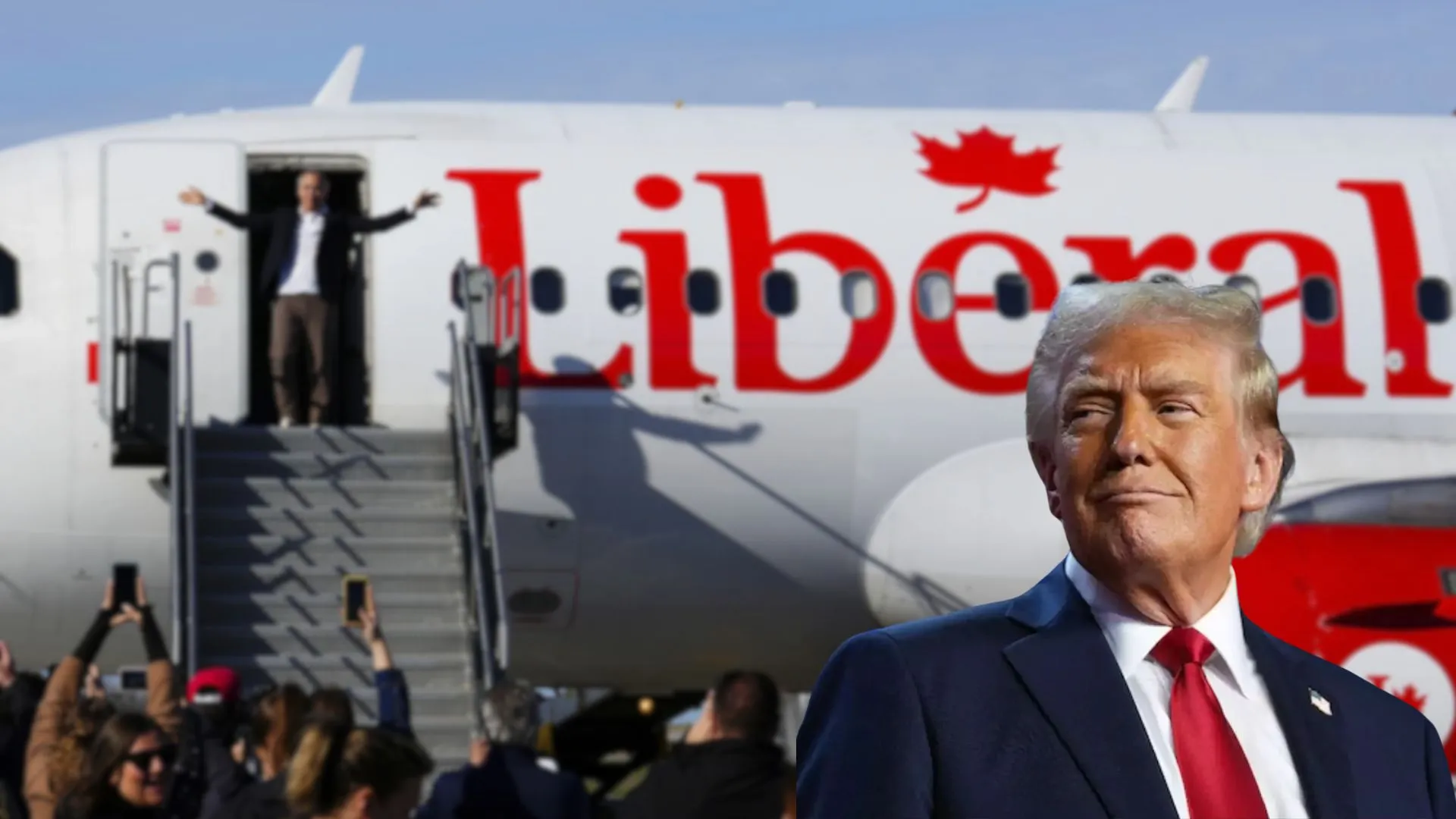Mark Carney’s surprise victory in the 2025 Canadian election marks a dramatic political shift for the country. The former Bank of England governor, who was not so widely known in Canadian politics just months ago, led the Liberal Party to power by capitalising on a critical issue: US President Donald Trump’s rhetoric. Here’s how it all unfolded:
1. Did Trump Play a Role in Carney’s Victory?
Trump’s threats to Canada seemingly played a significant role in reshaping the Canadian election. After returning to power in January, the U.S. president continued to suggest that Canada could become the 51st U.S. state. This rhetoric, in turn, pushed the threat of American dominance to the forefront of the election, with Trump’s ideas perceived by Canadians as a danger to the country’s sovereignty.
In his victory speech, Carney took direct aim at Trump, reportedly saying, “President Trump is trying to break us so that America can own us. That will never ever happen”, in a message that is believed to have resonated strongly with voters who were alarmed by Trump’s remarks.
2. From Trudeau to Carney: The Shift in Political Alignments
Before Carney’s rise to the political ranks, the Conservative Party under Pierre Poilievre appeared poised to win, as voters expressed dissatisfaction with Justin Trudeau’s decade-long tenure and the state of the Canadian economy. According to the BBC, many political analysts predicted that 2025 would follow a global trend of incumbent governments losing ground.
The Liberal Party, however, took an unexpected turn when it ousted Trudeau, selecting Carney, a political outsider with no prior elected office experience. Carney’s background as a central banker and economist gave him the credibility to handle Canada’s economic challenges, particularly those exacerbated by Trump’s threats to impose further tariffs.
3. Carney’s Strategy Focussed on Trump’s Threats
Throughout the campaign, Carney is believed to have framed Trump’s actions as an existential threat to Canada, not just economically but politically. While Poilievre largely focussed on domestic issues like the cost of living and housing affordability, Carney’s message was centered on defending Canada from external threats, a strategy that seemingly resonate deeply with voters, particularly as the U.S. moved closer toward a potential trade war over tariffs on Canadian exports.
In yet another appearance in Canadian political discourse just as voters were heading to the polls, Trump again referred to the U.S.-Canada border as “artificially drawn” and suggested that Canada would be better off as a “cherished” American state – remarks that were seen as more fuel for Carney’s political campaign.
4. Carney’s Diplomatic Stance on Trade
With U.S. tariffs on Canadian auto exports set to take effect on May 3, Carney pledged to begin new trade negotiations immediately, hoping to avert a trade war that could push Canada into recession. Given Canada’s heavy dependence on trade with the U.S., Carney’s promise to “do everything in his power to keep Canada from tumbling into a recession” was key to his appeal to voters at large.
6. The Irony of Trump’s Impact
While Carney and Trump may have different political views, the latter’s remarks on Canada may have inadvertently helped Carney rise to power. Had Poilievre won, there was a chance that a more right-wing government in Canada could have aligned more closely with Trump’s populist and pro-working-class style of politics.
As one observer told the BBC, a Conservative win could have been viewed as part of a global trend of right-wing populism gaining momentum. However, with Carney’s victory, Canada has chosen a leader who stands in stark contrast to Trump’s values, particularly on issues like climate change, social services and cultural conservatism.
7. What’s Next for Canada-U.S. Relations?
Carney’s victory has set the stage for a recalibration of Canada’s foreign policy, with the country already looking more toward Europe as a potential ally in light of the growing tensions with the U.S. under Trump. His promise to renegotiate trade deals signals that while Canada may continue to engage with the US, it is also prepared to look beyond for more partnerships.
ALSO READ: Explained: How Mark Carney’s Liberals Pulled Off a Dramatic Victory in Canada’s 2025 Election






















